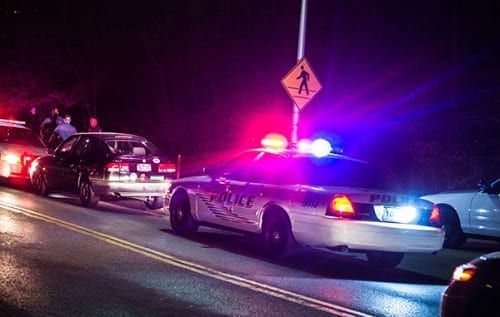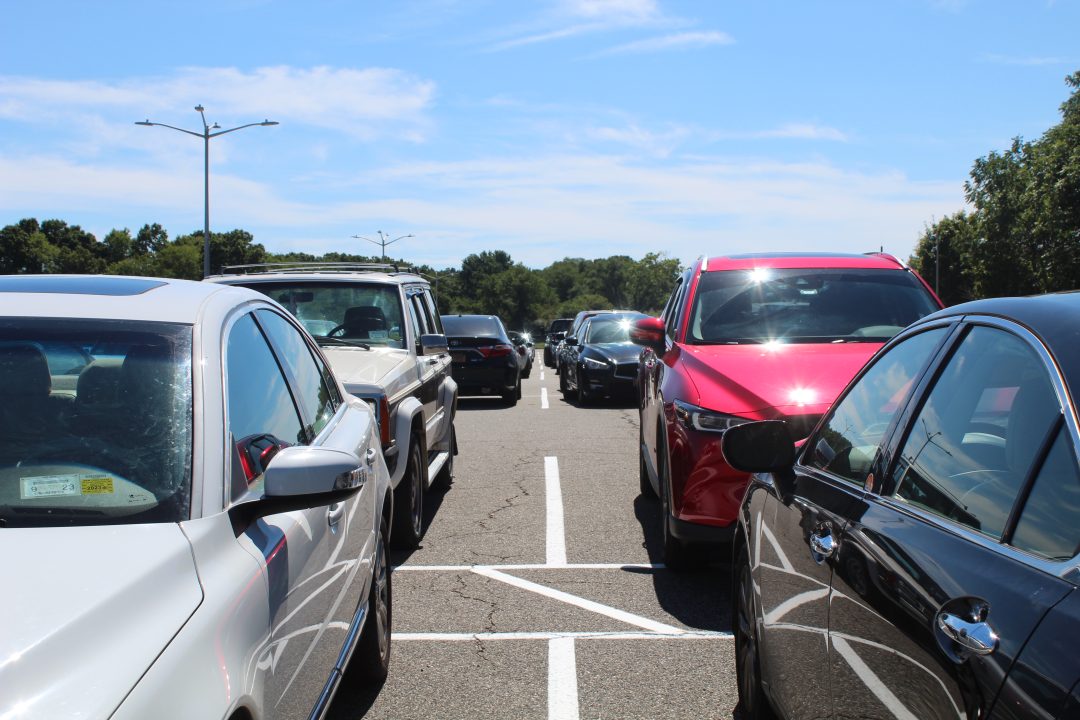
Dear Editor,
After reading “Defund the police because society should reassess our values if Black lives really matter,” I would like to express concern for law enforcement in the United States.
Defunding police would backfire on the public, especially women, children, Black and Hispanic communities.
While improving the social conditions that lead to crime is a noble goal, police are still necessary to respond to ongoing crime. The job isn’t easy. Some of my childhood friends nearly died serving as police officers.
In 2019, assaults on police with firearms, knives and other deadly weapons occurred 32 times per day. In 2020, 49 police officers were fatally shot while 54 unarmed suspects were fatally shot. Over one in 10 cop killers between 2013 and 2015 were “unarmed.” Even against unarmed suspects, police lives could still be in danger.
Homicides against police officers surged by 28% during the summer. Extremists targeted them after high-profile demonstrations with Molotov cocktails, explosives and gunfire in Brooklyn, Portland, Chicago, Dallas, Baton Rouge, Oakland and Santa Cruz.
Duty-related stress exacerbates risks of chronic illness for police officers, including heart disease, cancer and suicide. Fourteen officers died last year from 9/11-related illnesses. Well-resourced and qualified police are necessary to respond to the dangers of crime. Defunding them would undermine the training, utilities and fair pay officers require.
Communities without strong police would take the brunt of crime. Urban homicides rose significantly in 2020 and disproportionately affect Black and Hispanic communities where police lack sufficient resources to solve shootings. Incarceration rates in the United States are high because of gun violence. Police need to intervene where it is rampant.
Most Black and Hispanic people want police to maintain or even expand their community presence. Minority groups rely on departments that defunding would weaken. As a 2019 Bureau of Justice report highlights, they are more likely than white people to report a violent crime to the police.
Police defunds are already putting vulnerable populations at risk. Due to $150 million budget cuts — which the op-ed hailed among “steps towards the right direction” — the Los Angeles Police Department dissolved its animal cruelty and sexual assault units. The same sexual assault unit caught Harvey Weinstein.
Having dealt with the aftermath of a rape, narrowly evaded a pedophile and witnessed barbaric animal torture, I cannot remain silent if more police departments follow the same path. The lives of women, children and animals are at stake if these units disappear.
Officers who respond to sex crimes require special training and insight in investigating them, from analyzing crime scenes to appreciating the psychological burdens on survivors. In my experience, officers without it are more likely to blame victims and ignore serial rapists. Defunding police budgets will not improve their training or attract more educated candidates to the profession.
I agree with the op-ed that social services should receive more support and police officers should not always be first responders to mental health crises. However, I also think they should accompany social workers who would assume that role in dangerous situations.
Social workers are not qualified to enforce the law. They are not trained to interrogate suspects, make arrests, search property, or respond to lethal violence.
Outrage toward modern police abuse is understandable. However, it does not justify taking drastic measures before exploring moderate ones such as oversight, screening and training reforms. Life deserves protection against criminals as well as bad cops.
Best,
Andrew Infantino
The Statesman | Staff Writer | 2019
Stony Brook University | Class of 2019
BS Physics | Political Science Minor
















